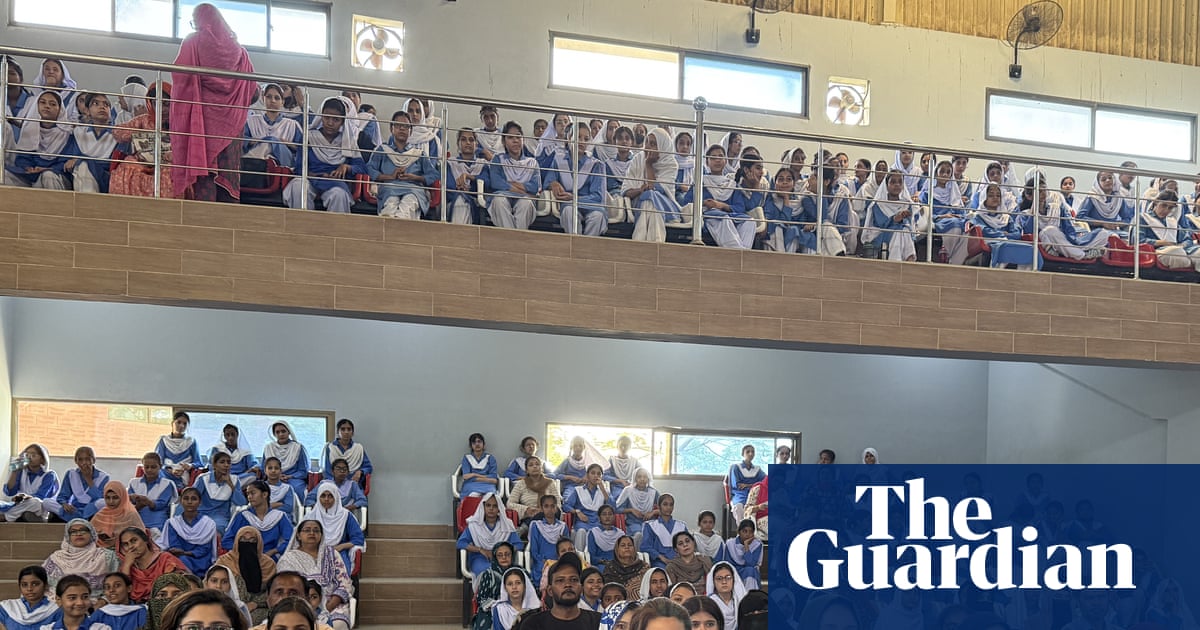
"The numbers are ambitious: more than 13 million girls aged nine to 14 are due to receive the vaccine in an initiative aimed at protecting them from cervical cancer, a disease with often few symptoms that kills more than 3,000 women in Pakistan each year. The concerns are the same everywhere we go, says Dr Azra Ahsan, president of Aman, one of several organisations working with the government in a 12-day drive to raise awareness about HPV and its vaccine."
"Fertility is the most persistent concern, she says, and misinformation about vaccines abounds. However, Mehrunissa Asghar, 40, a vaccinator working with Help, a Sindh-based organisation that works in maternal and child health, says vaccine acceptance has improved since the Covid-19 pandemic. I believe our job will be much easier this time, she says. Her colleague, Yaqoobuddin Lanjar, is less optimistic. This is our first time, and with so little awareness, we are navigating uncharted territory, he says."
More than 13 million girls aged nine to 14 are scheduled to receive the HPV vaccine in a nationwide campaign to prevent cervical cancer, which causes over 3,000 deaths annually in Pakistan. A 12-day awareness drive involves government training and partnerships with organisations such as Aman and Help. Common concerns among parents and communities include effects on periods, infertility and religious permissibility, fueled by widespread misinformation. Vaccination teams are largely female — all 49,000 trained government health workers are women — and acceptance appears to have improved since the Covid-19 pandemic, though frontline workers report mixed optimism about outreach challenges.
Read at www.theguardian.com
Unable to calculate read time
Collection
[
|
...
]